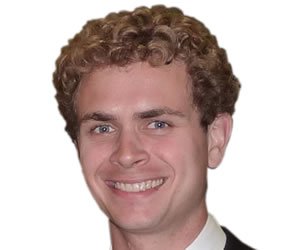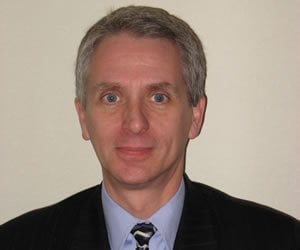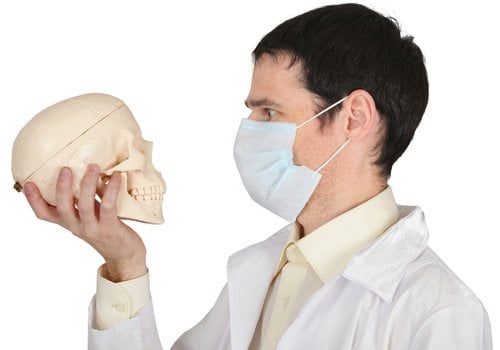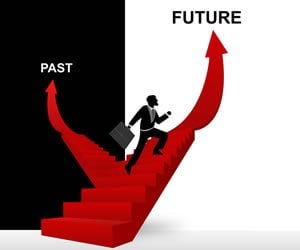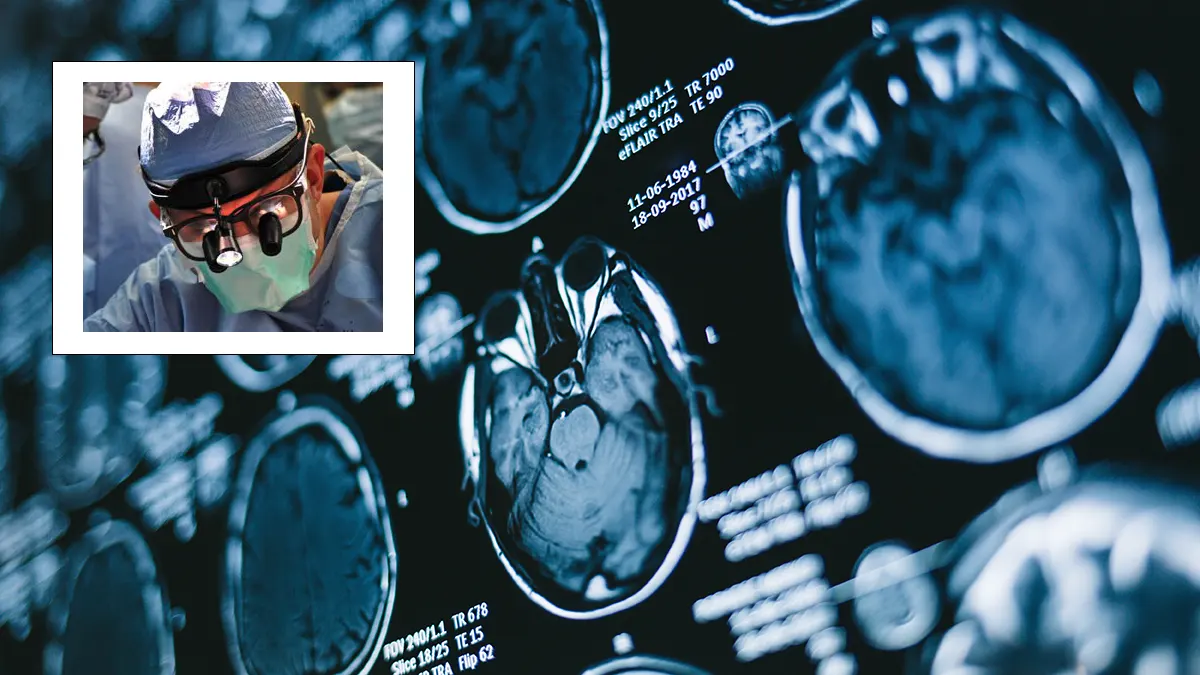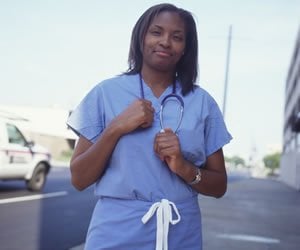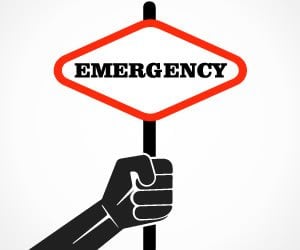Dr. Andrew Read-Fuller is a dentist and resident with the Division of Oral and Maxillofacial Surgery at Parkland Memorial Hospital/UT Southwestern Medical Center, with a focus on the broad scope of oral and maxillofacial surgery, including dentoalveolar, orthognathic, cleft and craniofacial, and cosmetic surgery, as well as facial trauma and head and neck cancer. Read-Fuller received his bachelor’s degree in politics from Princeton University (2005), and, most recently, he is a graduate of the UCLA School of Dentistry, where he received his doctor of dental surgery (DDS) magna cum laude (2011) and his master’s degree in oral biology (2011). He is currently active in the Resident Organization of the American Association of Oral Maxillofacial Surgeons.
Dr. Read-Fuller was active with the American Student Dental Association during his time at UCLA, serving as vice president, executive committee member and president of the UCLA chapter. He has earned numerous honors and awards, including the Dr. William S. Kramer Award of Excellence –Omicron Kappa Upsilon (2010), Pierre Fauchard Academy Scholarship (2010), California Dental Association Foundation Scholarship (2010), Webb Family Scholarship –Outstanding Leadership (2009 – 2011), UCLA Affiliates Academic & Leadership Scholarship (2008 – 2010), and ADA Foundation Academic Scholarship (2008).
healthcare
If I Had a Million Dollars (But I Don’t)
Someday, after years of school (then more school) and residency training, we will start earning doctors’ salaries. In the meantime, finances can be tight, but there are ways to cut costs, optimize the money you do have, and maybe even bring in a little extra on the side.
There’s an old moniker you can’t change what you don’t acknowledge. It’s hard to make a budget if you don’t know what you’re spending currently. Take a few weeks and keep track, ideally a full month. Write down everything, regardless of how you pay for it – cash, check, credit card, bitcoin. . . Even if you have a 0% interest credit card and won’t be paying it off for a while, write it down. Then, consider your monthly income. If you’re ending the month in the black – congratulations! You’re on the right track. You may still want to decrease your expenses to reduce your overall loan burden. If you find your monthly cost of living exceeding your income, it is definitely worth your while to take a hard look at what you’re spending and how to cut back.
Six Ways to Make the Most of Your Summer
Make the most of your summer to round out your medical school applications.
Practical Advice for the Medical School Applicant
As students begin to prepare for the next cycle of medical school application, I want to review some of the practical pieces of advice that every applicant should know. The actual process of applying to medical school is resource intensive: it costs thousands of dollars, hundreds of hours, and will strip you of many relaxing weekends that you would have otherwise enjoyed. Since you’ve made the decision to apply, here are some things that will help you make the best of it.
Remember that your MCAT score is a number. Your GPA is a number. These two things make up a major component of your application and you can’t change either of them now. You can’t change your letters of recommendation, either. The personal statement is a modifiable aspect of your application at this point, so you want to make sure to do a good job on it. But what else is there?
The answer to this lies in the details. This is what separates a good application from an excellent application. It is also what could separate a marginal application from one that gets an interview invitation. Every year, there are a few key mistakes that really put some students at a disadvantage. When schools are looking to offer acceptances, they are not only looking for good students. In addition to being smart, they are looking for people who will one day care for patients and be their colleagues. It is no surprise that those selected to become student doctors are usually meticulous, mature, intelligent, team players, and caring. Your application needs to reflect this.
This is No Lake Wobegon: When Medical School Means You’re No Longer Above Average
“Lake Wobegon, where all the women are strong, all the men are good looking, and all the children are above average.”
– Garrison Keillor, A Prairie Home Companion
While NPR’s Garrison Keillor entertains listeners with weekly monologues highlighting news from Lake Wobegon, his fictional home town, it is that closing line “and all the children are above average” that has taken hold in the popular culture. The Lake Wobegon Effect refers to that normal human tendency to overestimate one’s abilities.
The problem is that an average is just that, an average, meaning that while some are above, there are also those below. We all want to be above average. Who shoots for the mean and makes it into medical school? The truth is, if you made it into medical school – or even if you’re somewhere earlier along the path – you have almost certainly been “above average” academically and otherwise most of your life. You were on the honor roll from the time you started receiving grades. You graduated near or at the top of your high school class, many being valedictorians. You were in your college’s honor society and graduated some version of cum laude. You were accepted to medical school.
Average just isn’t in your vocabulary.
And then medical school happens. . .
Navigating Your Future: A Roadmap to Specialty Exploration
Congratulations! You’re in medical school. What you will soon realize is that your answer to “What do you want to be when you grow up?” is going to have to change. Simply saying “doctor” is no longer enough. You need to start to figure out what kind of doctor you want to be. And, although applying to residency may feel very far off, there are steps you can do starting in your first year to help you pick the specialty that best suits you.
Most of us have fairly limited exposure to different specialties as pre-meds; mine consisted primarily of shadowing cardiothoracic surgeons. Yet there is a huge diversity among medical specialties, some of which you may have never heard about. Physiatry, anyone? Others you know of can be quite different than what you had envisioned. A friend of mine recently shadowed an interventional radiologist and was surprised by the surgical nature of the specialty.
The Dual Path: What to consider when considering an MD-PhD
“When you come to a fork in the road, take it.” – Yogi Berra
I was sitting in the back of a filled auditorium listening to a presentation about the medical school application process when I heard the question that would forever change my life’s trajectory. “What about MD-PhD programs?” a woman sitting somewhere down in front asked. That was the first time I had heard of the dual degree program. Having struggled to decide on my career path, this seemed like the best of all worlds: I could get an MD and a PhD.
20 Questions: Marc F. Stern, MD, MPH, FACP, Correctional Health Care
Marc F. Stern, MD, MPH, FACP, is a correctional health care consultant in private practice. He received a bachelor’s degree in biology from University at Albany (1975), and started his medical studies at Universitélibre de Bruxelles, facultéde Médecine in Brussels, Belgium, and transferred to University at Buffalo School of Medicine where he received his MD (1982). He completed a one-year residency in internal medicine at University at Buffalo Affiliated Hospitals (1985), and a VA/NIH fellowship in primary care medicine and health services research at Regenstrief Institute in Indiana and Richard L. Roudebush Veterans Administration Medical Center (1992). Dr. Stern received his MPH from Indiana University School of Public Health in Bloomington (1992).
How to Not Get Into Medical School
As an undergraduate student, I wanted to know how to get into medical school, and I wanted it straight from the source: the medical students. I figured that because they got in, they must have it figured out.
Then I got accepted into medical school and realized the truth. While there are some real lessons to learn to be more successful, medical school admissions can be a pretty arbitrary process. It’s actually more of a crap shoot than you would like to think. I gave myself less than a 1% chance of getting in to my current school, yet here I am. My state school, where I considered myself very competitive (higher than average stats, etc) didn’t even put me on their waitlist. Why? No clue.
Six Things to Remember While Parenting in Medical School
Some advice to help you be both a professional student and the best parent you can be.
What You Should Know Before Your First Interview
This article is reprinted with permission from the American Student Dental Association. It originally appeared in the February 2014 issue of ASDA News.

Interviewing is a stressful experience. Knowing some typical interview formats and the expectations of your interviewer can help put your mind at ease while pursuing acceptance into dental school.
Searching for Your Dumbledore: Finding a Mentor
Where would Harry be without Dumbledore? We all need mentors, and they can be critical throughout your career development. Whether you are an undergraduate thinking about applying to graduate or professional school, a medical student wading through residency options or a post-doc looking for faculty positions, the relationships you develop with your mentors can be invaluable. Mentors can give advice, provide encouragement or a reality check, offer insight from their experience, and expand your network by connecting you with their own friends and colleagues. The ideal mentoring relationship is one that evolves over time where the mentor takes a genuine interest in the success of the mentee. We all recognize that mentors are important. But how do you find them? And, once you have, how do you nurture the relationship so it can thrive?
Post Undergrad: Getting Ready for Medical School or a Gap Year
For many students interested in a career in medicine, the period after the final year of undergraduate education represents a time of transition to medical school or to furthering their experiences and their education in preparation for applying to medical school. This month’s article from the Association of American Medical Colleges (AAMC) focuses on those two pathways.
20 Questions: Brian Walcott, MD, Neurosurgery
Brian Walcott shares his thoughts on neurosurgery and research and offers some advice for students.
The National Health Service Corps: Cutting Student Debt and Promoting Primary Care
The National Health Service Corps creates a win-win for doctors and underserved communities by financing medical education and bringing health care to those who need it most.
A Call For Compassionate Doctors
Remember—actions speak louder than words, kindness counts
By Mary Calhoun
I had been terribly sick for three months before finally going to the doctor. It felt as though I had the flu and just couldn’t shake it. The doctor did the necessary tests and told me he thought I had lupus. Since one of his patients had just died from the disease, he wanted me to see another doctor; he could not have picked a better one.
The rheumatologist I saw a week later did a ton of lab work on me, but not before asking a boat load of questions and attentively recording every word. I noticed the concern in his voice and wondered if I should be worried. When I returned a week later, the doctor walked in with solutions to how we would kick the monster.
Emergency Medicine: Can a Sizzling Hot Specialty Burn You to a Crisp?
Academic Medicine? No way! (But are you so sure?)
The doctor business is win-win: doctor wins, patient wins. In sharp contrast, the legal profession is a win-lose dichotomy. That is one reason why we choose medicine. It is a huge difference in psychology that gets into our very bones. Becoming a doctor is a highly noble pursuit. Being a doctor is fun, exciting, worthwhile, productive and assuredly positive. Doctors create wealth in the world by increasing the ability of people to pursue their happiness. What in the physical realm could be more worthwhile than that?
But medicine can be an all-consuming life choice. Before embarking on it, ask yourself if you can tolerate sacrificing a large percentage of everything else you enjoy to do, and everyone you like to be with, for a long time. The job is great. No doubt about it. But don’t naively minimize the sacrifices. Is it worth the sacrifice? Don’t let anyone other than you decide that.
The Seven Habits of Highly Successful Medical Students
Congratulations! You’ve made it through O Chem, survived your MCAT, traipsed around the country to every interview you could fit in your budget, and received that elusive acceptance email. Once you take a moment to celebrate, you will realize that the real challenge lies ahead. Medical school serves as the launch pad to your career and excelling there can open the door to opportunities. Whether you want a career in academics or private practice, psychiatry or radiology or orthopedic surgery, doing well in medical school is critical to getting into the residency that will get you there. But how do you “do well”? “Study hard and do well in your clinical years” was advice I heard a lot, but hardly pointed the way to success. Now, as a fourth year medical student, I realize there are certain key habits of the successful medical student. I wish I could claim all the habits for myself – rather, they are an amalgam of what I’ve learned and what I’ve observed in others. They can help lay the foundation to your successful future.

